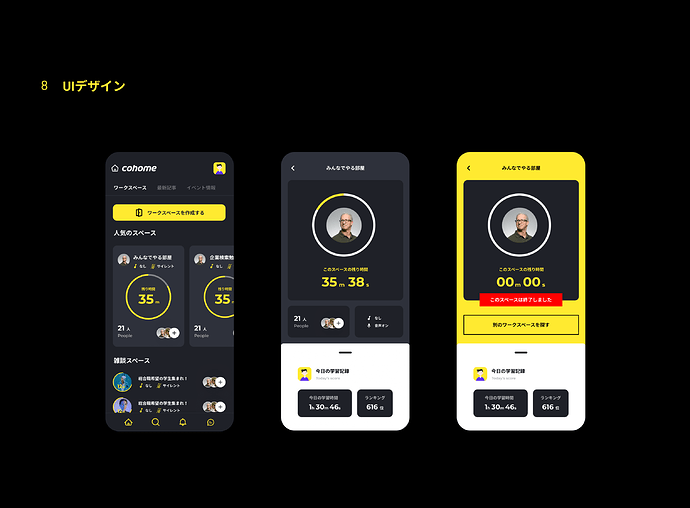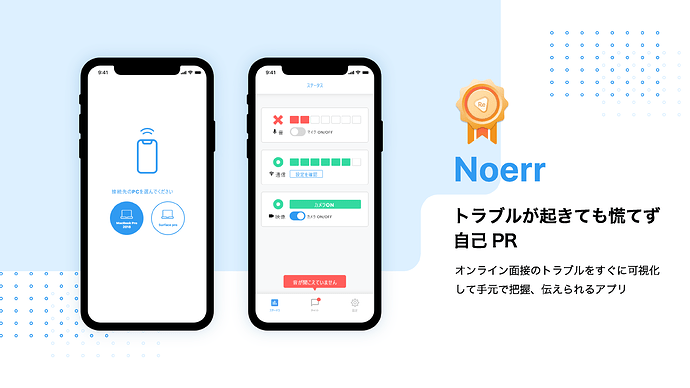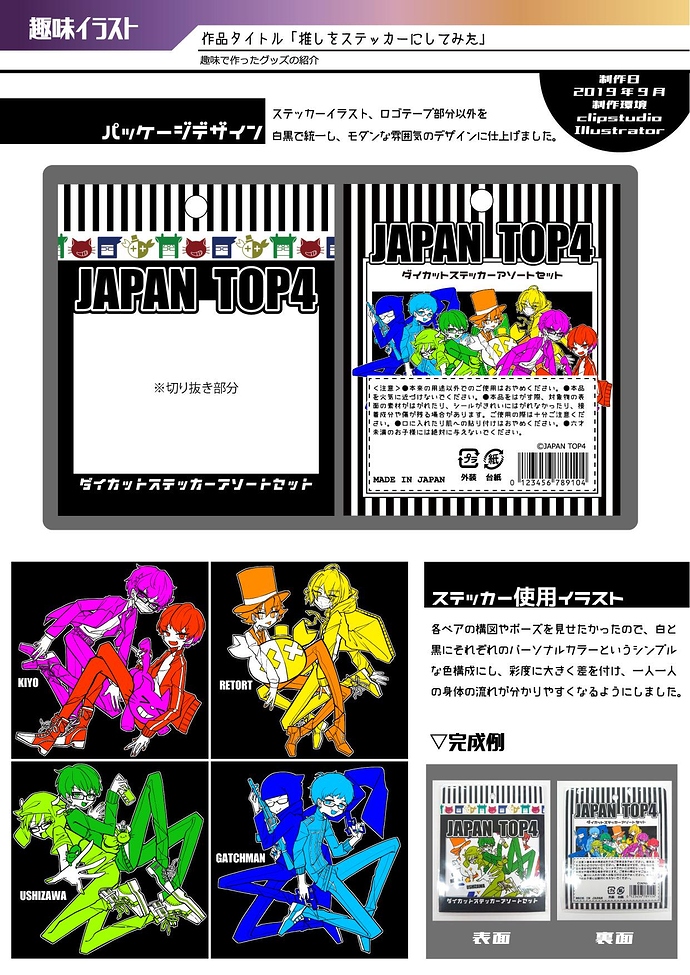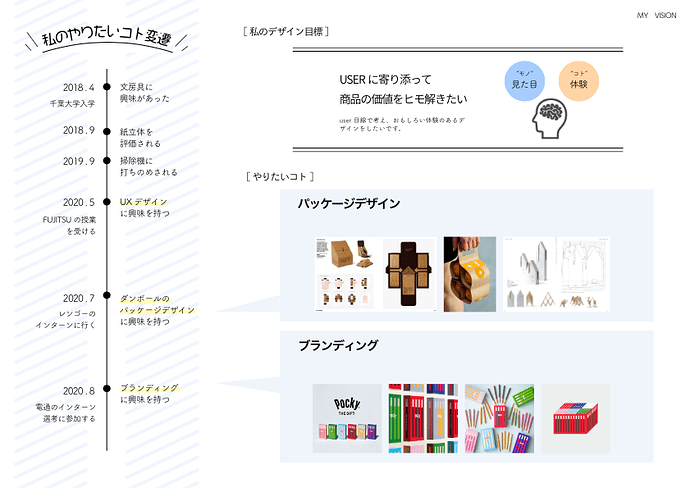Hi everyone!
First, I would like to add a little context to clarify my situation. Currently, I’m an undergraduate foreign student at a national university in Japan (my major is in robotics and engineering). Currently in my last year at the university, since the start of my academic year, I’ve been setting out on a journey to hunt for a suitable job. For personal reasons, I’ve chosen graphic design as an occupation I hope to pursue.
Having chosen a prospect job that I want to pursue, I rushed to prepare my portfolio and a suitable resume to accompany me on my job hunting journey. For the last few months, I’ve also spent my time building a portfolio website, which finally comes online last August (I’ve always relied on a portfolio site created through Behance before this new website is available).
You can find my portfolio at My Portfolio Site
However, to my surprise, I was repeatedly turned down by companies and agencies without knowing why (in Japan, employers do not (not just rarely) provide a clear reason for turning down an applicant). Of over 30 agencies I’ve been applying to, only one agency has kindly replied to me: “Even though your portfolio and resume is extraordinary, at the moment, due to the ongoing pandemic, our agency is looking for a seasoned designer to help us to immediately tackle our projects. As such, to our deepest regret, our agency does not hire fresh graduates at present.” (I took a cold contact but they kindly answered my application and provided some feedback on my portfolio, so I was really glad despite being turned down). For other agencies, they either ghost my application or just turn it down without giving me an invite to an interview.
Feeling frustrated, I brought my portfolio to a meeting with a group of experienced designers held in Tokyo, Japan to seek advice as I believe it was my lacking which led to my current situation. The responses I received can be summarized as below:
“In general, your portfolio contains clean, professional, and beautiful works. To be frank, some of these works can rival, or could even be better than the works seen in a senior designer’s portfolio. However, such appealing works also lead to companies and agencies being anxious about hiring you. In general, agencies and companies (in Japan) expect to train fresh graduates for 1 to 3 years before allowing them to work as junior designers. As such, fresh graduates are only required to have a basic understanding of the basics in design and a good understanding of design software such as Photoshop and Illustrator. They don’t have to know the software well enough to design artwork. They only need to know how to navigate around the software. Your portfolio, however, shows that you not only have a good understanding of design but also are capable of working on projects on your own. Combined with your resume, you could be labeled as ‘overqualified’ for a fresh graduate applicant. While being overqualified isn’t something bad, companies may feel anxious about hiring you because they are afraid of not being able to keep you to their side for a long time and that you may jump ship after 1 or 2 years. For that reason, companies would rather turning your application down than taking the risk.”
As a result of our discussion, some seniors advised that I should “create more basic projects and try to fake some naivety in my resume and interviews,” while a large number of seniors advised me to “seek out new opportunities in large graphic design hubs such as in UK or US instead of staying back in Japan and hamper your growth.” Normally, I would only consider advice to be suggestive (meaning I can choose which one I would listen to and may modify them if I so wish for). However, if over 50 senior designers advise me the same thing then it’s another story. A few seniors also kindly gave me a link to a website where I can view the works of other applicants (fresh graduates) to compare myself against (I’ll have some samples posted below).
To be frank, even though I found the advice sound, considering the ongoing pandemic, finding an opportunity at a third country seems impossible (considering the volatile job market and high unemployment rate, as well as various travel bans) unless I’m willing to wait for another 1 to 2 years, which is (financially) difficult. As for the other advice to try and “fake some naivety,” it’s similar to telling a good singer to sing like a tone-deaf person, which is very difficult. For this reason, I would love it to hear everyone here’s opinions and advice on some possible ways to escape this dilemma I’m facing.
Thank you for your kind time and consideration.
Below are some sample works from other applicants (graduating from the same year).




